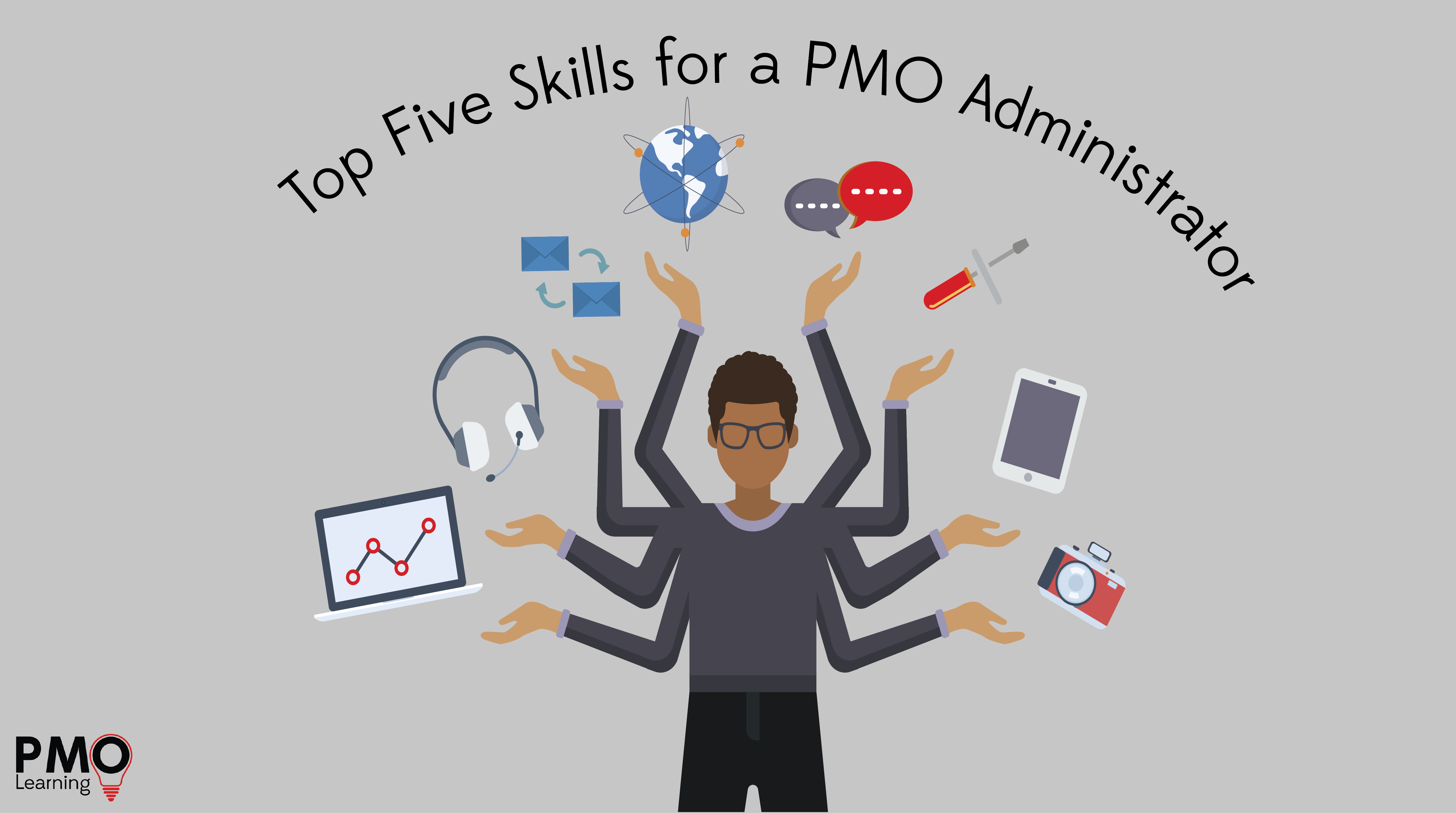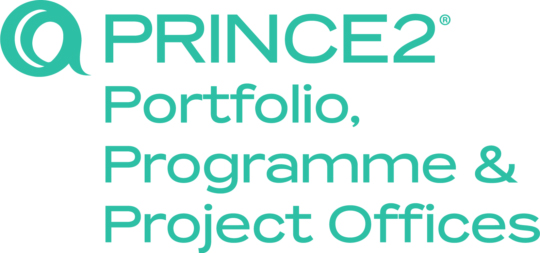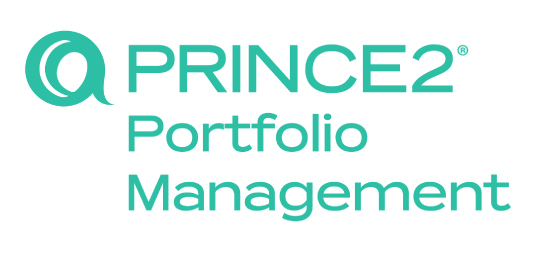One look at job advertisements and specifications for a PMO Administrator today quickly reveals a set of core competencies or skills to get the job done.
Regardless of the type of organisation, sector or project, you work within; the skills remain the same across the board.
Here five of the top skills for a PMO Administrator, as outlined in the PMO Competency Framework, one of the key texts for the House of PMO Essentials certification range.
#1 Balance Competing Needs and Interests
If you are working within project support – or want to be working in this area – you will be completing different tasks with varying deadlines, overcoming a variety of problems and reporting to different people, and it is vital to be able to balance all of these needs.
The nature of the role means you are often the centre point for the project – along with the project manager. The project manager relies heavily on you to make things go smoothly. If meetings need arranging, agendas set and actions chased, it’s the project support officer that makes it happen. The same applies to travel arrangements, team events, last-minute project purchases and getting the client’s time in the diary.
It’s these little ‘support’ requirements that appear on every project at any one time that need a good PMO Administrator so the project manager can delegate – and every project manager wants a right-hand-person that can provide support when it’s needed the most!
#2 Networking
Working in a PMO is all about people. If a Project Manager asks “Do we have a contact at X company?” it is often those in these roles who will have the answer! A large part of the role is developing and maintaining strong networks with those around every area of the business, ensuring reliability, credibility and trust.
#3 Pay Attention to Detail but Remain Pragmatic
As a PMO Administrator, you are the custodians of project information – and the control of it. They pride themselves on maintaining the ‘only version of the truth’. If anyone on the project wants to latest status; figures; actions or issues, it’s the project support officer that controls it.
With control you’re overseeing the co-ordination of issues; risks, change control, documentation and any other logs that need control (contract management, procurement etc)
To be a great controller you are combining your analytical, organisational and administrative skills. You’re a person that likes to bring order to chaos and pride yourself on running a tight ship.
However, we must also recognise that we can’t do everything at all times, and we must allow for some fluidity in our processes. A good PMO Administrator appreciates the flexibility in good practice too, especially if it means the outcome is better or greater than sticking rigidly to the process.
#4 Time Management
Your job will involve being responsible for many aspects of a project – from documentation, reporting, audits, reviews to administrative work, taking minutes and scheduling. As such, you will need to organise your work and plan accordingly, provide plenty of communication if time is running out, and be conscious of overcommitting yourself if you will be unable to deliver. Working in a PMO is all about the people – who can you co-ordinate with to help you complete the project within the required time, cost and quality restraints? Have you given the PMs accurate and realistic deadlines for when they can expect your work to be finished?
#5 Recognise the limits and capabilities of your experience
Those working in the role of a PMO Administrator, or similar, are often at the beginning of their PMO career. Whilst it is important to challenge yourself and expose yourself to new experiences in the workplace, it is also important to recognise where your experience and capability may be limited, as well as understanding where (and how!) you can continue to develop your knowledge and skills.
A great way to establish your competency is by completing a self-assessment using the PMO Competency Framework – find out how to use the framework to develop here!
Or, if you’re looking to learn about the essential competences, knowledge, skills and behaviours required to perform the role of a PMO Administrator successfully, why not complete the Essentials for PMO Administrators certification? This three day course helps delegates to gain the essential knowledge and understanding to undertake the role of a PMO Administrator, demonstrate a greater understanding of projects, programmes, portfolios and the PMOs and understand and articulate the core roles and responsibilities of a PMO Administrator role.
Enjoying Our Blog?
Sign up and receive all our articles (we’ll send you an update once a week!) plus special offers and events:
This post contains affiliate ad links.






